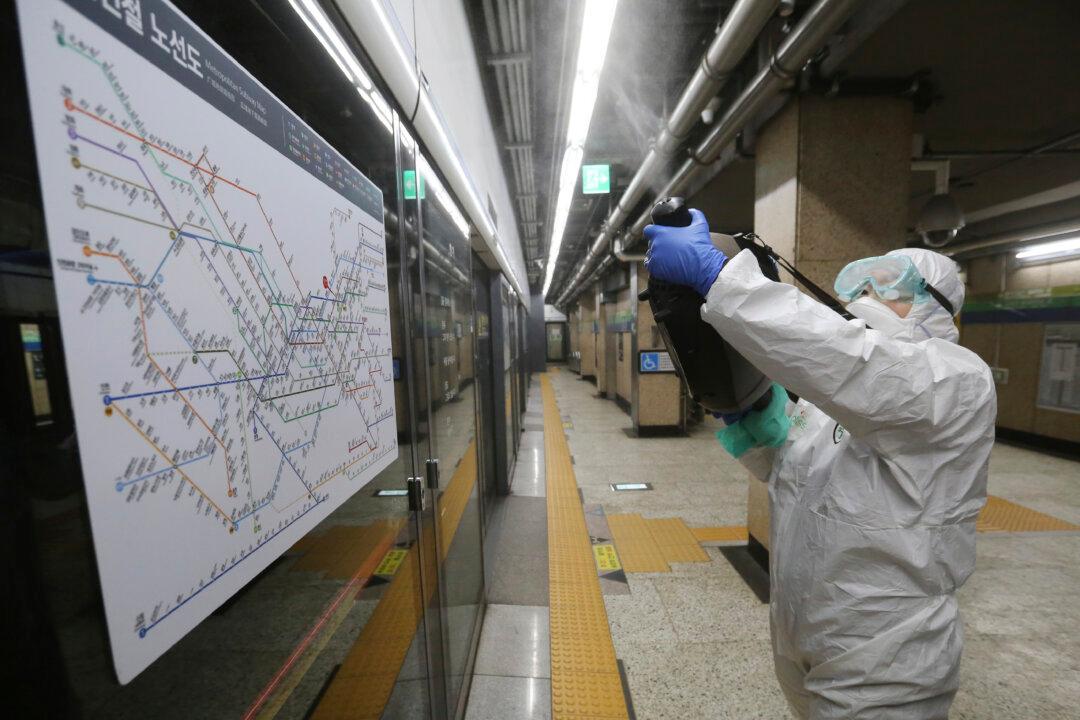South Korea is pivoting to try to stop the new coronavirus from spreading locally amid a surge of new cases, many of them linked to a church gathering in the city of Daegu.
South Korea confirmed 100 new cases of COVID-19 on Friday, bringing the total in the country to 204. Authorities also said a second person has died.





